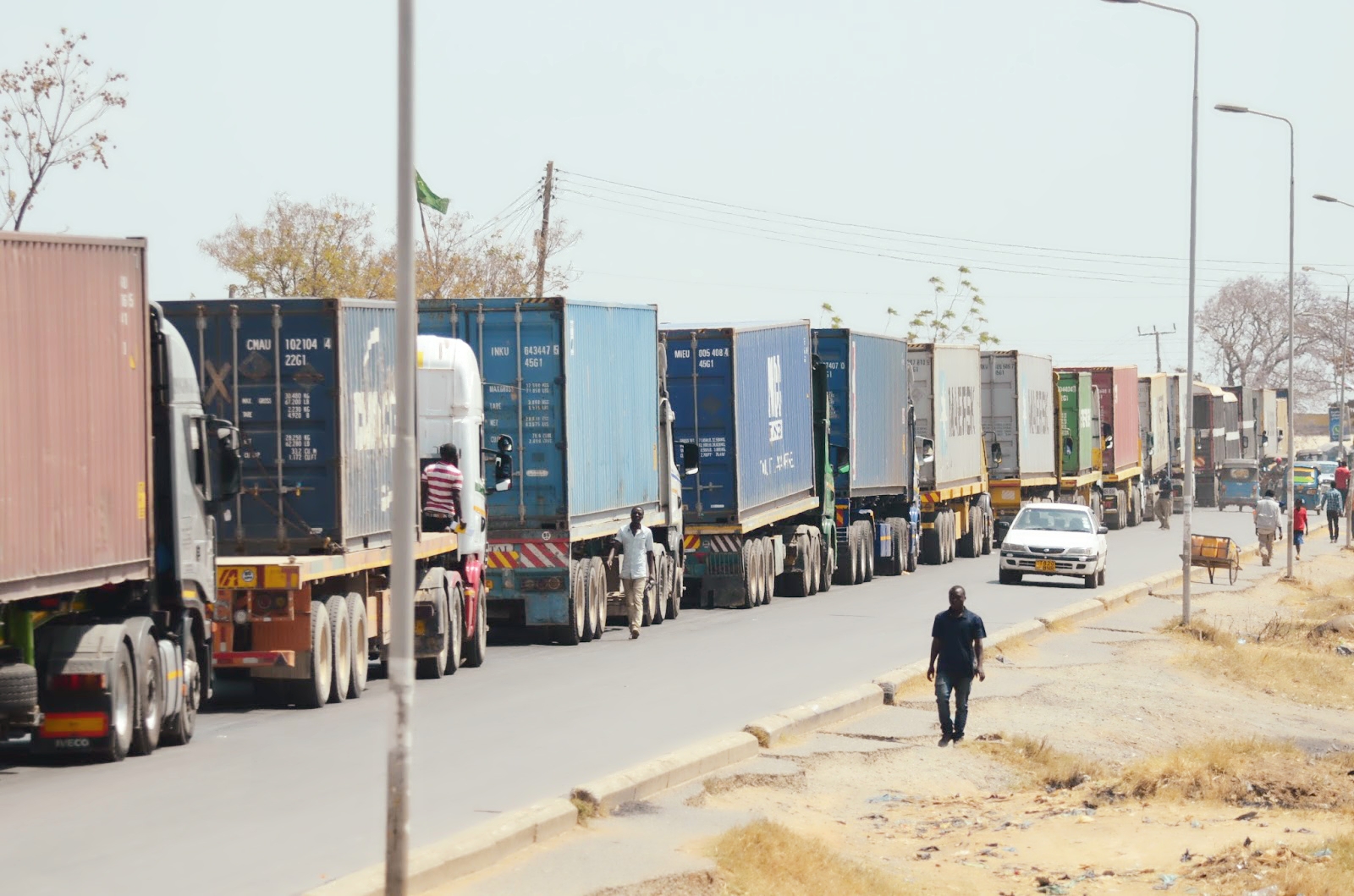Experts: Tanzania can be hub of space exploration in Africa

The Deputy Permanent Secretary in the Ministry of Education, Science and Technology, Prof James Mdoe, listens to the Chinese ambassador to Tanzania, Ms Chen Mingjian, during an event held in Dar es Salaam on Tuesday, where Chinese astronauts spoke from space with students from eight African countries. Left is a Chinese embassy official, Mr Wang Siping. PHOTO | ERICKY BONIPHACE
What you need to know:
- China has decided to expand its space diplomacy policy by inviting various countries, especially Africa, to seize the opportunities available in space exploration, improve science and produce many astronauts
And By Agnes Jailos
Dar es Salaam. Experts believe that Tanzania can be the hub of space exploration in Africa, saying it is also possible for the country to be among the pioneers in this field on the continent.
Space Generation Advisory Council (SGAC-Tanzania) is a group of students and young professionals who strive to benefit from international organisations that encourage space activities in order to accelerate initiatives and achieve the best for Tanzania, Africa, and the world at large.
The group says the natural occurrences of space-related phenomena in Tanzania have greatly influenced their interest in space exploration, and that the country can join other African states in tapping into the continent’s space market.
They said this following the move by the government of China to expand its space diplomacy policy by inviting various countries, especially Africa, to seize the opportunities available in space exploration, improve science and produce many astronauts.
As part of the move, the Chinese Embassy in Tanzania on Tuesday held an event dubbed “Connecting Heaven and Earth” where youth representatives from Africa and astronauts from aboard the Chinese spacecraft Shenzhou engaged in a dialogue.
The event attracted more than 60 teachers, students from schools in Dar es Salaam and government officials, and saw aspiring space scientists participate in a question-and-answer show that was broadcast live on TV.
The teenagers were full of curiosity about the life and work of Chinese astronauts in space, and they asked questions aimed at helping them develop the desire to become future astronauts.
The answers by astronauts gave young people a better understanding of space knowledge through vivid space displays.
The Chinese ambassador to Tanzania, Ms Chen Mingjian, said she was impressed to watch African youth dialogue with Chinese astronauts via video link, noting further that since the successful launch of manned spacecraft Shenzhou-14 on June 5, three Chinese astronauts have been working in outer space for three months.
She said space exploration has created opportunities for all human beings to work together and inspired the world, noting that China and Tanzania have extensive potential for cooperation in future space exploration and will encourage more young generations to continue exploring.
“I encourage you (students) to do your part to contribute to your space dream, love science and build up confidence in the country’s self-reliance in innovation,” Ms Chen said.
“Today we have so many youths here and I believe you may admire these spacemen and also dream of becoming an astronaut and walk in space,” she added.
This comes at a time when Tanzania, through the Ministry of Education, Science and Technology, has continued to design and introduce various methods to motivate young people to choose science careers to help the government meet the current and future needs in science and technology.
Speaking during the event, the Deputy Permanent Secretary in the Ministry of Education, Science and Technology, Prof James Mdoe, China’s decision had come at the right time.
“This step has come at the right time when we are reviewing the curricula to be able to add important issues needed for the current times, and the fourth industrial revolution.
“We are encouraging young people to embrace science, technology and innovation and space exploration brings yet another opportunity. I ask the students here to be able to ask questions that will help them become future astronauts for our country,” Prof Mdoe said
China adheres to the peaceful exploration and use of outer space aiming to popularize space knowledge, encourage scientific exploration, raise awareness and promote culture training on outer space.
For instance, Tanzania is home to one of the world’s largest meteorites to ever hit the Earth’s surface. Located in Mbozi District, Mbeya Region, the meteorite was discovered in 1930 and it measures three metres long, one metre high, and weighs an estimated 16 metric tons, according to Dr Amos Njomvu, a space expert based in South Africa.
Also, he said Tanzania’s geographical positioning is the most suitable in support of space exploration activities.
“Our ministry of education should work to encourage the upcoming generation to facilitate the country’s involvement in the multi-billion dollar space market and China’s welcoming opportunity should be seized,” he noted.
Africa’s space market
According to the African Union Commission’s Department of Education, Science, Technology and Innovation, cumulatively, Africa has spent about $4.5 billion until 2020 in the space activities with a valuation standing at $7.37 billion. The market is projected to grow over 40 percent (Compound annual growth rate) for five years.
It further states challenges that entangle the continent’s space market as; inadequate connectivity, infrastructure gap, human capital and low or lack of investment and funding.
In the areas of collaboration with China, Tanzania, like other African countries, can focus on training and capacity development, data sharing and utilisation, and satellite manufacture.




